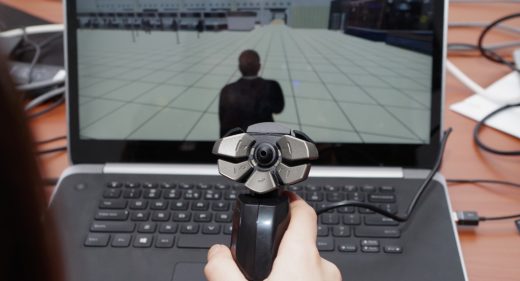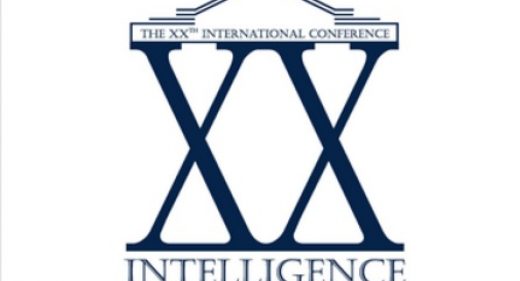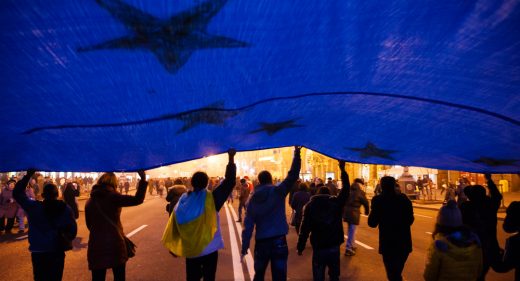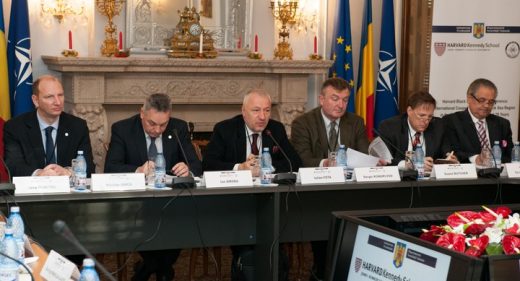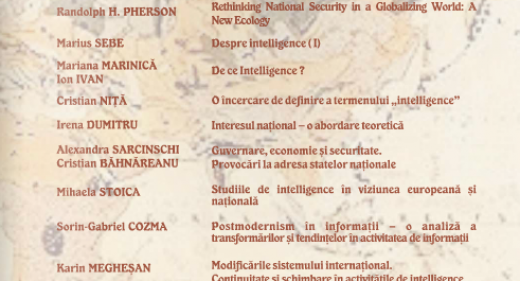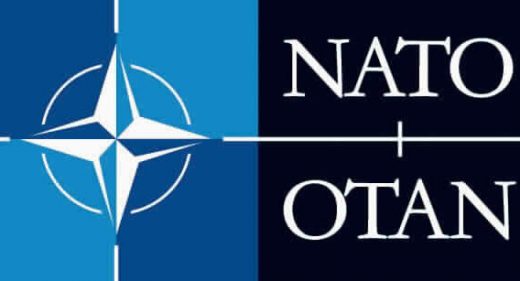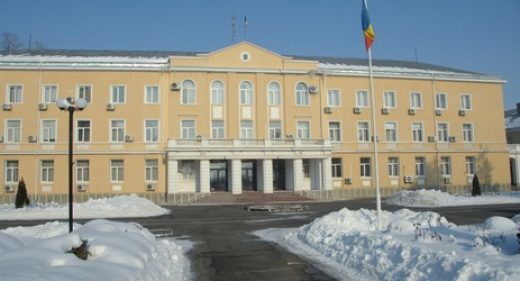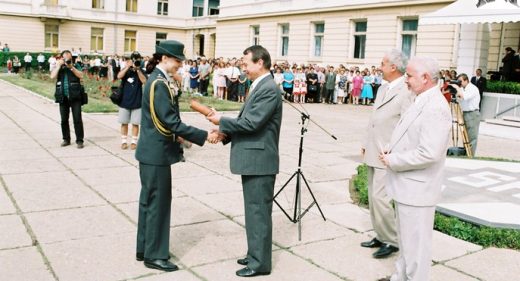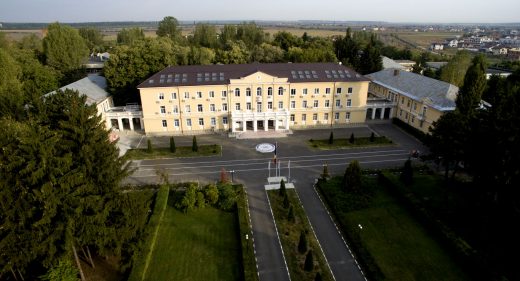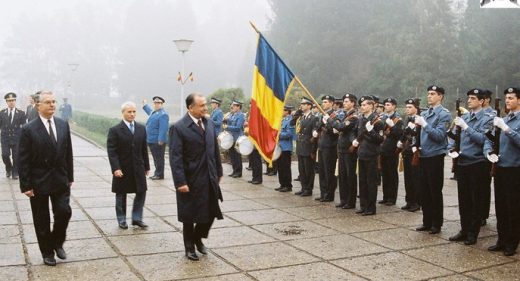The Doctoral School becomes a different structure within MVNIA and contributes to the scientific development of a niche domain: intelligence and security studies.
CNMSI offers training and research programs through several modelling and simulation platforms. These contribute to projecting medium and long term security scenarios.
The 20th edition of the Intelligence in the Knowledge Society International Conference takes place, deemed as a forum of knowledge and interdisciplinary approach, intended not only for theoreticians, but also for practitioners in the field.
Following to the annexation of Crimea by the Russian Federation in 2014, MVNIA organizes NATO SPS Countering Hybrid Threats: Lessons Learned from Ukraine Workshop, in cooperation with “Bogdan Intemeietorul Moldovei” National Institute of Intelligence and Security from the Republic of Moldova.
Security in the Black Sea Region International Training Program is launched in partnership with Harvard University and National Intelligence University (US), under the high patronage of the Romanian Presidential Administration. The program is aimed to ensure a common language in approaching security and intelligence issues at regional level and consolidate the relationship with NATO partners.
Intelligence in the Knowledge Society Conference gathers important names in intelligence and security studies and represents a part of the developing process of an integrated perspective on Romanian intelligence.
The first issue of RRSI carries forward the good tradition of the Psychology & Media Journal, using the experience of the intelligence researchers and practitioners. RRSI becomes the editorial brand of the MVNIA, being among the top regional journals in the field. The biannual bilingual (Romanian – English) publication is indexed in international databases.
ANI becomes “Mihai Viteazul” National Intelligence Academy by Government Decision No. 353/2009. The choice symbolizes the responsibility of both SRI and the MVNIA to protect national ideals.
ANI obtained the status of an institution organizing PhD studies (IOSUD) by Decision No. 667 of March 28, 2007 of the minister of education and research.
The University adopts the three-tiered educational system (bachelor’s, master’s, and doctoral degree programs), in compliance with the European higher education framework.
In 2004 Romania assumes NATO membership alongside six other European countries. ANI is involved in the process of collective security awareness by organizing large-scale events.
The lack of profound public understanding of the security issues has led to the set-up of the Superior College for National Security, the forerunner of National Intelligence College. Its mission is to build an interface between the Academy and the civil society, and to provide general and specific security and intelligence knowledge.
In the wake of 9/11 terror attacks, the paradigm of national security protection needed to be reshaped. ANI opens the master’s program Management of Intelligence Activity for National Security.
INI reform gave birth to ANI which has proven its viability over time. Within ANI, the Faculty of Intelligence was founded with its specializations, i.e. psychology – intelligence and communication and public relations -intelligence.
The journal publishes articles of the professors and students of INI, initially in the psychology and media fields, and afterwards in areas such as intelligence, European security or asymmetric threats.
As an expression of the need to permanently adapt to the security challenges, as well as to the dynamic academic climate, ISI becomes INI and a new field of study is introduced into the curriculum of would-be intelligence officers: communication sciences.
The renowned sociologist held the rector position from 1994 to 1999 and the level of applicability of previously gained knowledge increased during his mandate, being efficiently adapted to the challenges facing Romanian society of that time.
The early years of the Superior Institute for Intelligence were characterized mainly by a radical reform of the national academic climate. In that period ISI was relocated to the former CEPECA headquarters, the current premises of MVNIA. It thus began an investment stage in developing projects for the education infrastructure and academic facilities.
In 1992 ISI was founded as the first freestanding education entity with competence in training intelligence officers for SRI and for other partner bodies in the national system of public order and national security.
The Romanian Intelligence Service (SRI) was founded in 1990 and the next year, under its auspices, the Faculty of Psychosociology at “Alexandru Ioan Cuza” Police Academy of Bucharest.
